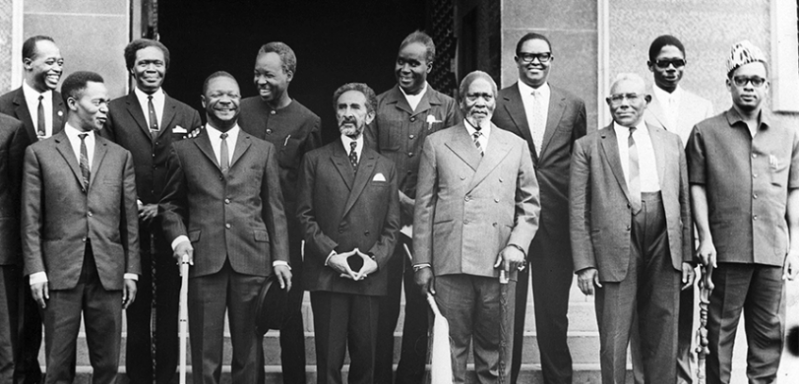
On August 19, 1963, the Organization of African Unity (OAU) was officially established in Addis Ababa, Ethiopia, marking a historic milestone in Africa’s journey toward unity, self-determination, and socio-political cooperation. The formation of the OAU came at a time when newly independent African nations were navigating the challenges of post-colonial governance, border disputes, and the lingering legacies of colonialism.
In the early 1960s, Africa was undergoing rapid political transformation. Countries were gaining independence one after another, but faced immense challenges, including neocolonial influence, internal conflicts, and economic dependency. Leaders from 32 African nations convened to create a unified body to address these challenges collectively. The OAU was officially launched on May 25, 1963, in Addis Ababa, with Ethiopia’s Emperor Haile Selassie as its first Chairperson and Ghana’s Kwame Nkrumah as a key advocate for continental unity.
The OAU was founded with several key objectives:
-
To promote unity and solidarity among African states.
-
To defend the sovereignty and territorial integrity of member states.
-
To eradicate colonialism and apartheid from the continent.
-
To promote international cooperation and strengthen political, economic, and social ties.
While the OAU was succeeded by the African Union (AU) in 2002, its ideals remain relevant. The AU continues to address political instability, economic development, human rights, and regional security. However, experts note that many challenges such as corruption, inter-state conflicts, and uneven economic growth show that the vision of complete African unity is yet to be fully realized.
Professor Chima Okafor, a political scientist, reflects: “The OAU laid the foundation for Africa’s collective voice on the global stage. Its emphasis on sovereignty and non-interference helped prevent large-scale wars, but at the cost of sometimes turning a blind eye to internal human rights abuses. Today, the AU has taken a more proactive stance, but there is still much to be done to fully realize the OAU’s vision.”
Many ordinary Africans feel that while progress has been made, the continent still faces serious challenges that demand stronger unity and collaboration. Amaka, a young entrepreneur in Lagos, comments: “The OAU was about hope and solidarity. Today, we need our leaders to focus on development, peace, and the welfare of citizens. Unity should not just be in name but in action.”
The Organization of African Unity, formed in 1963, remains a symbol of Africa’s early efforts to rise above colonial legacies and foster continental solidarity. While its successor, the African Union, continues to build on its ideals, experts and citizens alike call for greater accountability, cooperation, and tangible progress in governance, peace, and economic development. The legacy of the OAU serves as a reminder that Africa’s journey toward unity and prosperity is ongoing, and collective action remains key to realizing its full potential.
📩 Contact us: info@stonereportersnews.com
🌍 Website: stonereportersnews.com
🔗 Follow Stone Reporters for trusted updates on governance, energy, environment, and national development.
📘 Facebook: Stone Reporters | 🐦 X: @StoneReportNews


Add comment
Comments